Are you making mistakes when you brush your teeth?
We know that brushing your teeth isn’t the most exciting part of your day, but it is really important. It removes plaque from your teeth, basically a mixture of bacteria, their acids, and the sticky by-products and food remnants.
Plaque forms naturally on teeth, but it doesn’t start to pose a real problem until it reaches a certain stage of maturity. While regular brushing is definitely the best way to deal with this, the issue is that since you do it every day, it can be very easy to fall into bad habits – especially since you’re normally doing it early in the morning and last thing before you go to bed, when your brain might not be fully engaged!
We’ve got years of specialist experience in helping our patients to deal with plaque as part of our core range of dentistry treatments here at AP Smilecare, so here are some of our top tips to make sure that you’re getting the most out of those four or five minutes every day.
Make sure that you’re brushing for long enough
The average person takes 45 seconds to brush their teeth. Which sounds fine, but the problem is that it should take two minutes! If you’re brushing for anything less than two minutes, the fluoride doesn’t get enough time to properly do its job by attaching to your tooth enamel. The same goes for children too. You can find kids-themed timers that play little tunes for exactly two minutes, but if you’re over 10 then it’s understandable if you don’t need Thomas the Tank Engine to tell you exactly when two minutes is up. You can simply count in your head, set a timer on your phone, or choose a favourite song of yours to play when you begin.
Perfect your brushing technique
Believe it or not, but brushing too much can actually be just as bad as not brushing enough. The same goes for brushing too hard. What can happen is that this ends up being abrasive on your teeth, which can eventually cause them to be sensitive, as well as potentially opening them up to a variety of other dental issues. Don’t be tempted to scrub them – instead, a better term to think of would be to ‘massage’ them, moving your toothbrush head in small circles.
This is where electric toothbrushes come in handy, as they can be much more effective than manual ones. What’s more, toothbrushes with smaller heads can reach awkward nooks and crannies in your mouth more easily. You might not be able to cover as much of your teeth at once, but they’ll ultimately end up cleaner – so it’s worth the extra time and effort!
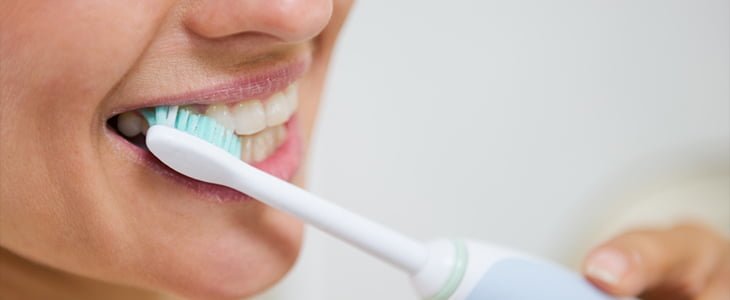
Be careful about washing the fluoride away
We produce less saliva at night, when we’re resting, than we do during the day, which means that our teeth are more vulnerable to acid attacks. This is why brushing our teeth at night is a habit that’s been so deeply ingrained into so many of us – it removes those sticky bits of food so that plaque can’t build up overnight. So once you’ve brushed your teeth in the evening, make sure you don’t eat or drink anything other than water.
Even if you are planning on drinking just water, you should still wait just a little bit. It’s for the same reason that you shouldn’t rinse your mouth with water or mouthwash immediately after brushing your teeth – what you’re effectively doing is washing away the fluoride. Try to avoid consuming anything for a while after brushing your teeth, and give the fluoride time to do its work.
Make sure you’re fully equipped
Toothbrush, toothpaste, and maybe some mouthwash. Doesn’t sound like much when you put it all together, but it can be easy to miss that the type of toothpaste really matters too. The key ingredient in toothpaste is fluoride, which is the bit that actually prevents tooth decay, while replacing lost minerals in teeth and ultimately making them stronger.
So, it’s worth making sure that you’re using toothpaste with 1350-1500ppmF – which is concentration of fluoride in parts per million – to prevent tooth decay. It’s a good idea to check the toothpaste that your children are using too, as not all children’s toothpastes are strong enough to provide them with maximum benefit.
Children and adults alike can get enormous benefit from disclosing tablets too, which are widely available in supermarkets and chemists. Plaque is white, which means it’s hard to see against your teeth, so disclosing tablets use a temporary dye to show you any areas you might be missing. Don’t worry, you’re not stuck like that for the day – you can just rinse out your mouth with water to get rid of it, before brushing your teeth.
These are just a few tips for looking after your teeth – you may well hear a couple more good tricks for our team! We’re passionate about looking after your teeth here at AP Smilecare, especially as the mouth is normally a useful window into the rest of your health. If you want to book an appointment or if you’ve got any questions about anything specific, our friendly team is always here to do what we can. We’re still taking care to offer a daily emergency service, so you can always trust to be here for you if you need some urgent help. If you need some quick advice, or you want to book an appointment for one of our other dentistry services, feel free to give us a call on 01254 270 000!


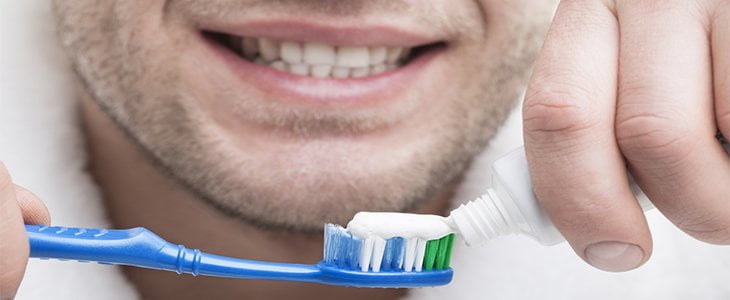





 Dentures
Dentures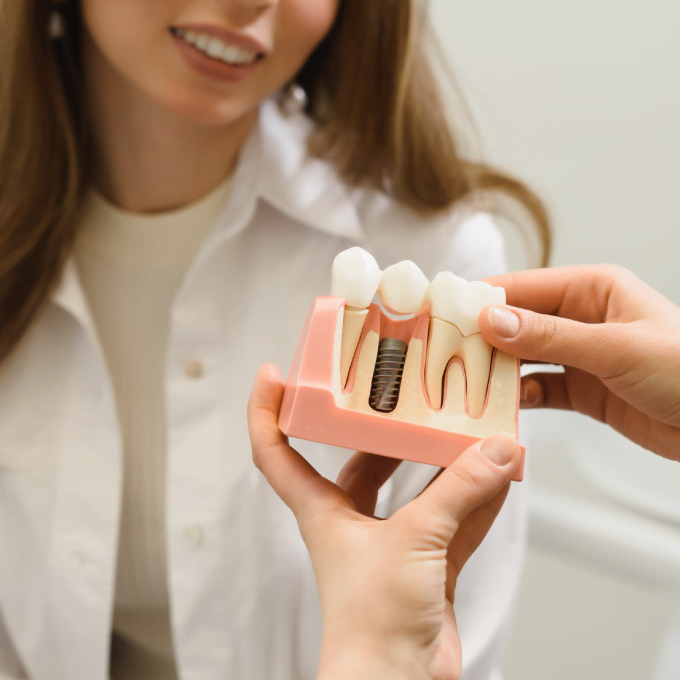
 Dental Implants
Dental Implants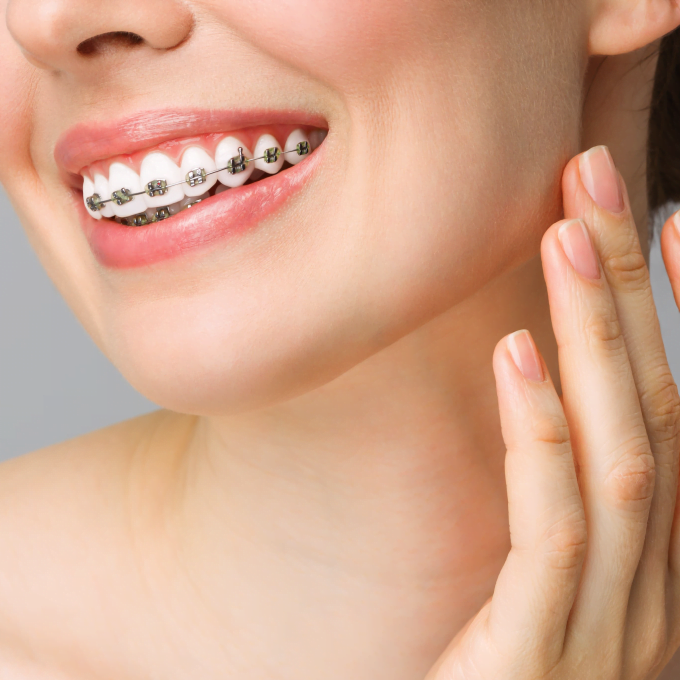
 Braces
Braces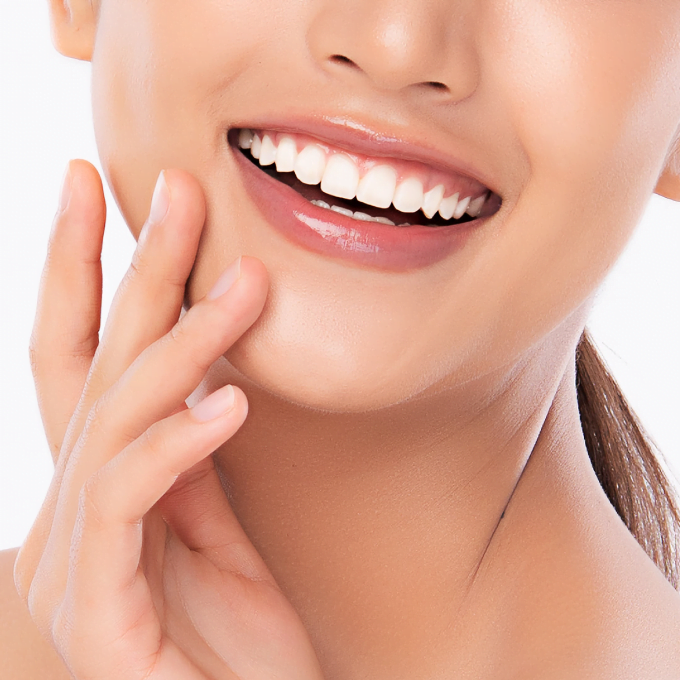
 Teeth Whitening
Teeth Whitening
 Smile Makeover
Smile Makeover